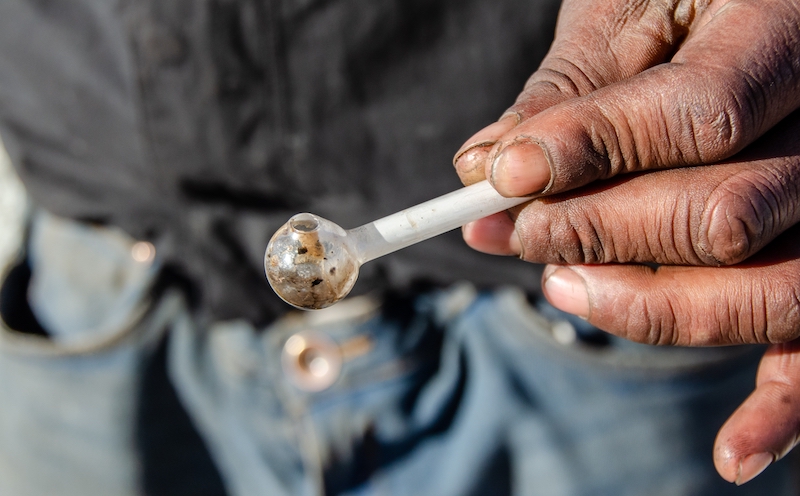Our research expert takes on this question, and the answer is…
By Dokyoung Sophia You, Ph.D.
April 12, 2021People who’ve used opioids for many years often suffer from impaired sleep. Thus an important question for those with opioid use disorder (OUD) who are transitioning to methadone or buprenorphine treatment is how it will affect their sleep—improving it, hopefully, or at least not impairing it further—and whether one treatment is better than the other in regard to sleep. A recent study by P.H. Finan, Ph.D., and his research team at Johns Hopkins University provides important insights into the matter.
Continuity was assessed by measuring total sleep time, plus wake time after the onset of sleep, based on the diaries and EEG.”
In the study, participants used smartphone diaries to subjectively rate their sleep. They were also monitored with a home electroencephalography (EEG) machine to record their brain waves for seven nights, providing objective sleep data. Using these two methods, the researchers investigated three aspects of sleep: continuity, quality and architecture.
Continuity was assessed by measuring total sleep time, plus wake time after the onset of sleep, based on the diaries and EEG. Higher wake times after falling asleep would indicate more disrupted sleep. To assess quality, subjects rated their sleep each night on a scale of 0 (poor—shallow, unrefreshing) to 10 (excellent—deep, refreshing). Architecture was assessed by EEG readings and was based on what the American Sleep Association defines as the stages of sleep. Healthy adults generally go through cycles of light sleep (stages 1 and 2, about 55%), deep sleep (stage 3 and 4, about 20%) and REM sleep (about 25%) each night.
The study team recruited 26 people taking methadone (62% male) and 29 taking buprenorphine (86% male). The analysis revealed no significant difference in sleep continuity, quality or architecture between individuals on methadone and buprenorphine. Thus, this research informs that sleep impairment may not be a deciding factor when making a decision between the two.
Methadone vs. Buprenorphine: The Findings
Both groups reported the total sleep time to be about 6.8 hours and sleep quality to be average (6 on a 0-10 scale). As for architecture, people taking opioids appear to have more light sleep and less deep and REM sleep than average: Subjects were seen to have 69% light sleep, 17% deep sleep, and 14% REM sleep.
As this new research shows, it’s all the more reason for those with OUD, and those being treated with methadone and buprenorphine, to consider checking with a sleep specialist.”
Another key finding was that the participants’ subjective ratings of their sleep differed substantially from the objective EEG data. Continuity entries were inaccurate—average wake time according to diaries was 24 minutes, while EEG data showed it to be 106 minutes. “With either medication,” the study notes, “patients evidence a positive misperception of sleep quality, whereby their subjective estimates of sleep continuity were significantly better than objective estimates.” The researchers therefore strongly recommend that people on methadone or buprenorphine have their sleep checked by EEG.
Other studies (Teeters et al., 2020; Dunn et al., 2018) have shown that disrupted sleep is associated with greater opioid craving, increased withdrawal symptoms, higher pain and more negative emotions. As this new research shows, it’s all the more reason for those with OUD, and those being treated with methadone and buprenorphine, to consider checking with a sleep specialist.
Dokyoung Sophia You, Ph.D., practices and is an instructor at Stanford Medicine’s Department of Anesthesiology, Perioperative and Pain Medicine.
Photo: Yuris Alhumaydy














